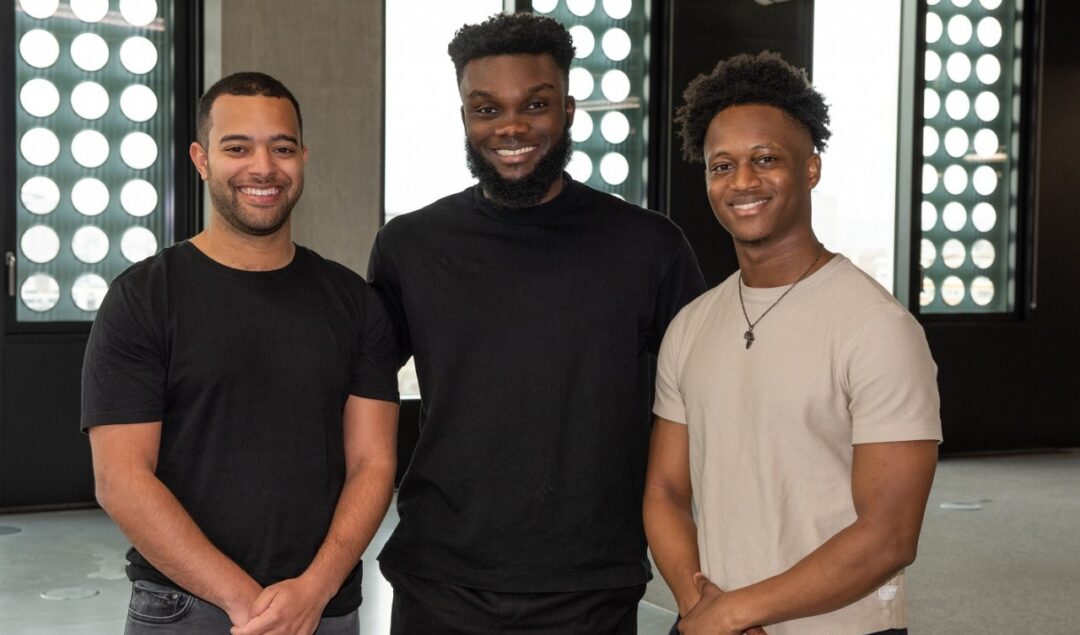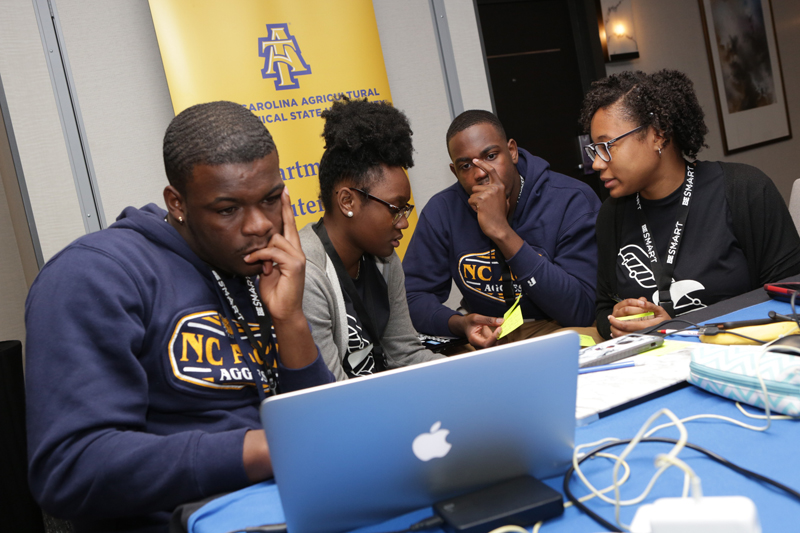Five Ways To Avoid A Co-Founder Breakup

Dealing with a co-founder breakup can be the most challenging experience business owners face on their entrepreneurial journey.
According to Noam Wasserman, a professor at the University of Southern California, 10% of co-founders end their relationship within a year of starting a business, and an additional 45% within four years.
Although co-founder splits are normal, they can be emotionally taxing for all parties involved. Regardless of what might have led to the co-founder’s divorce, both parties must reach a mutual understanding before choosing to go their separate ways.
In a recent post, co-founder of Fanbytes, Timothy Armoo, discussed one of the leading causes of business failure, co-founder breakups, and how he has learned to create a healthy relationship with his business partner Ambrose Cooke.
Open up to your co-founder
Co-founders avoid discussing anything outside the business to avoid mixing their personal lives and working together. The old-fashion quote, “don’t mix business with pleasure,” has always reigned supreme, but in some scenarios, it isn’t always the best decision.
“In the beginning, I thought we’d focus on just having work conversations,” Timothy Armoo said. “That was naïve thinking, [and] there were many nights when we’d just talk about life and confide our biggest fears. If you can’t see yourself such information, think twice.”
Co-founders must develop a personal relationship outside of their business with each other. The strength of the relationship will be the glue that holds your business together when combating obstacles and challenges.
Have low ego
Choosing to have a ‘low ego’ can be interpreted in many ways. A quick Google search will show you that ‘letting go of your ego’ often means letting go of the need to always be correct. Instead, it’s the art of sharing your weaknesses and knowing when to admit you’re in the wrong. Not only is this a key component to maintaining a healthy relationship with your co-founder, but it can also make it easier for you to uplift the other’s strengths and balance out your weaknesses.
“If you cofound a business, there’ll always be a visionary and an integrator. [But], unfortunately, the visionary will get most of the press and accolades just because of visibility. This could lead to tension but not in our case,” added Armoo.
“We both knew what we were good at and uplifted the other’s strengths. This low ego approach to relationships helped to win in the long run.”
Work on something small first
Experimenting with smaller projects can be the best way for founders to test their working relationships while understanding their working styles. Small-scale, less demanding tasks will give you the space and time to see whether you work well together.
“Fanbytes was not the first thing we tried. I came to Ambrose with a previous idea called Bandzie, which failed, but through that, it became clear we could work together,” Armoo added.
Before hastily jumping into a business partnership, starting small will not only give you a taster of what’s to come, but it will also give you the ability to trial-and-error different working styles to see which works best for you.
“Rather than jumping headfirst into working together, experiment with less ambitious projects. Date a bit before getting married.”
Expect each other to evolve and hold each other accountable for growth
Putting growth at the forefront of your relationship will make it easier for both founders to advance their skills in the long run. An essential part of the partnership will require both parties to mature emotionally and professionally.
Many businesses fail when one individual is focused on their growth and the other doesn’t. Not only does this lead to both founders needing to be on the same page, but it can also lead to them not developing new skills and challenging one another.
“A lot of partnerships dissolve because one grows and the other is just not able to grow,” said Armoo.
“During Fanbytes, we had constant check-ins about what new skills we needed to learn and ensure that each other was rising to the new challenge.”
Write down precisely what you want out of this and how
Establishing what you want out of your relationship in the early stages will prove to be highly beneficial in the long run. Most relationships tend to deteriorate over time because co-founders have different visions of what success looks like and are no longer trying to achieve the same goal.
Creating an overall plan will help both founders stay on track regardless of the journey. If deviations occur, it will be easy for you both to return to the original plan.
“Early on, we sat in a Pret and spoke in distinct detail about how we wanted to build this business,” added Armoo.
“Whenever there was a deviation, we went back to the plan. Most relationships sour because, over time, co-founders have different ideas of what success looks like. Have the hard conversation about what success looks like individually for you.”








